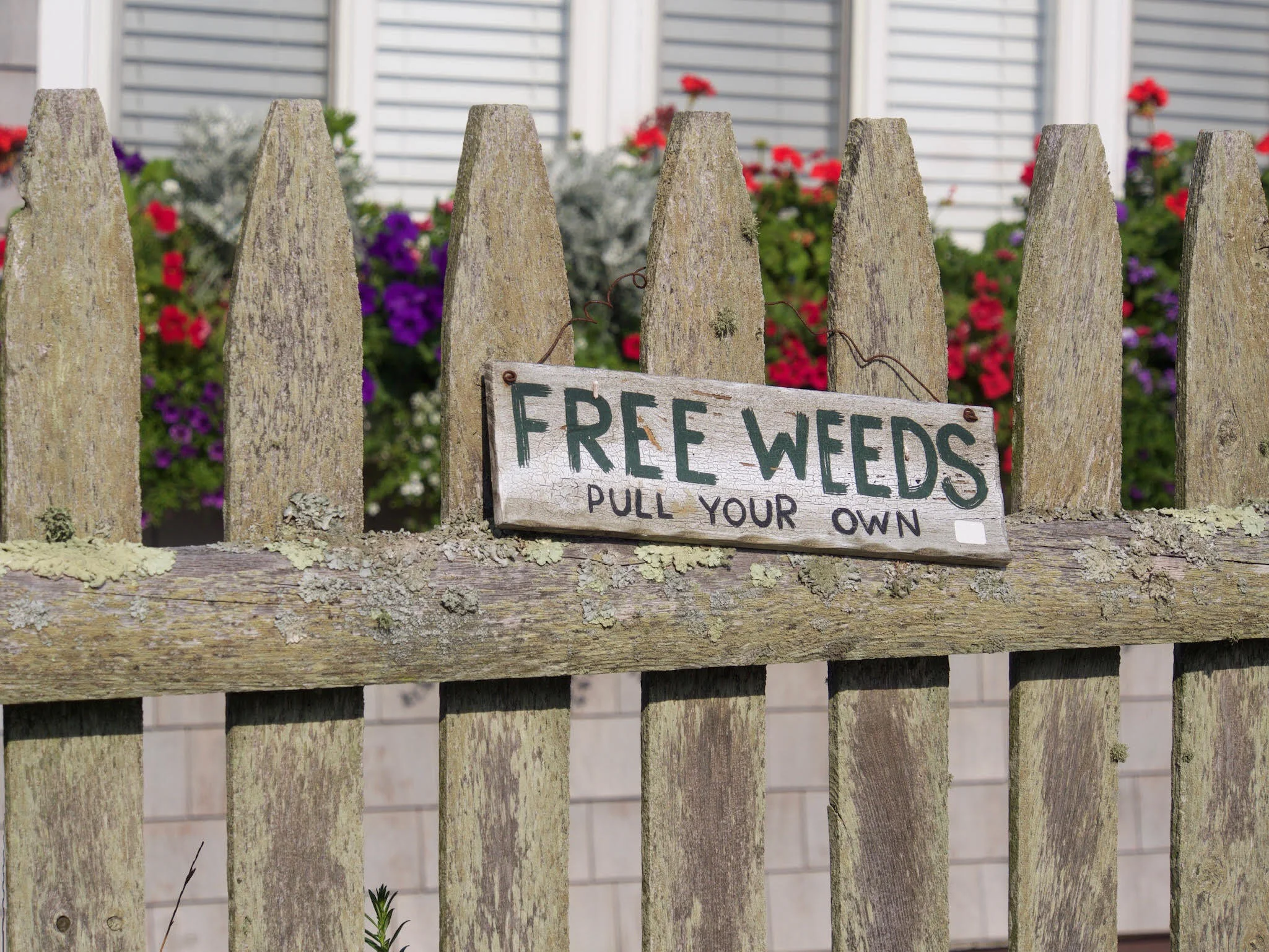Hard, Shallow, Thorny and Good
This Sunday’s gospel portion is the familiar parable of the sower, the seeds and the soil. The story, as it is told by Matthew (13:1-23), is located between stories of rejection and opposition. It wrestles with the question — where does the Gospel (or any new idea) find a hospitable environment for acceptance and growth?
The parable involves a sower of seeds, a farmer who according to modern agricultural standards would not be considered very wise in his planting style. But to his listening audience, it all made sense. Whereas we spend a lot of energy preparing the soil for planting, first century Palestinian farmers scattered their seeds and then plowed the ground, sometimes hitting rocks, bad dirt and dormant thorns. As Jesus explained to his listeners, there are four kinds of soil — hard, shallow, thorny and good — each yielding a different response to the sowing.
The parable reminds us of the necessary conditions for both physical and spiritual growth. Jesus understood the difficulties and obstacles to growth. In his hometown rejection, Jesus himself had experienced hard ground. When his disciples lost faith in a storm at sea or doubted the validity of his words, Jesus encountered shallow ground. He ran into thorns when the religious authorities tried to choke out his message. And yes, his seeds of wisdom often found good and fertile soil, ripe for the planting.
You and I also know about sowing seeds and bearing both the joy of success and the heartaches of failure. If nothing else, COVID-19 is teaching all of us this lesson in new and profound ways. Just think about retailers, restaurant owners, educators, musicians, church leaders, first responders and medical professionals. Everybody's learning how to adapt to this “new normal” — some with more success than others.
At the end of the parable is the account of a miraculous yield. The opposition might eliminate the majority of the seed, but out of scarcity emerges remarkable abundance. Once again, Jesus calls his followers to be trusting planters of life and love, recognizing that God’s vision will be planted, nurtured and harvested in unexpected, broken and desperate places and situations — even our current COVID pandemic, economic disaster, civil and political unrest, and climate crisis.
So this week, as you weed and water your garden or sit in one more zoom meeting, as you read the news, make yet another adaptation to your daily routine, wear your mask, and keep your social distance, think about how you can spread seeds of justice, hope, love and mercy. Recognize that in every place and everyone is potentially good soil. Learn how to deal with opposition and temptations. Don’t worry too much about the results. Don’t waste your energy in points of resistance; move on and kick the dust off your shoes. Realize that some will prepare the soil, others will plant the seeds; some will weed and water, and others will harvest. And believe with all your heart, soul and mind that in the end, if we’re lucky, our world will realize new and miraculous growth — maybe even a surprisingly abundant harvest of good.





